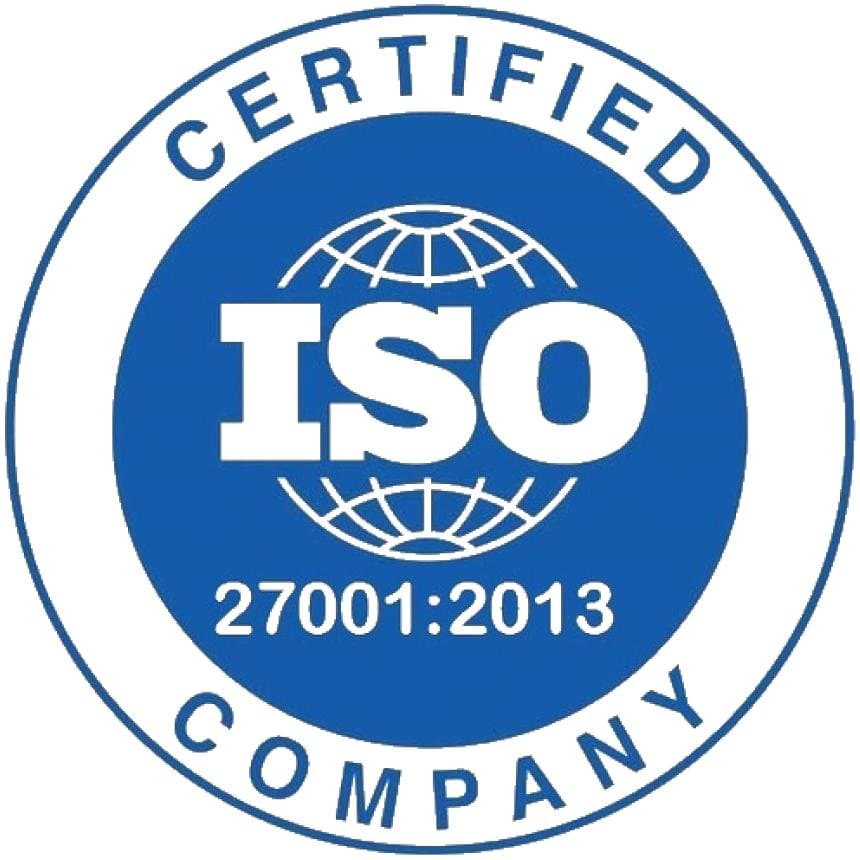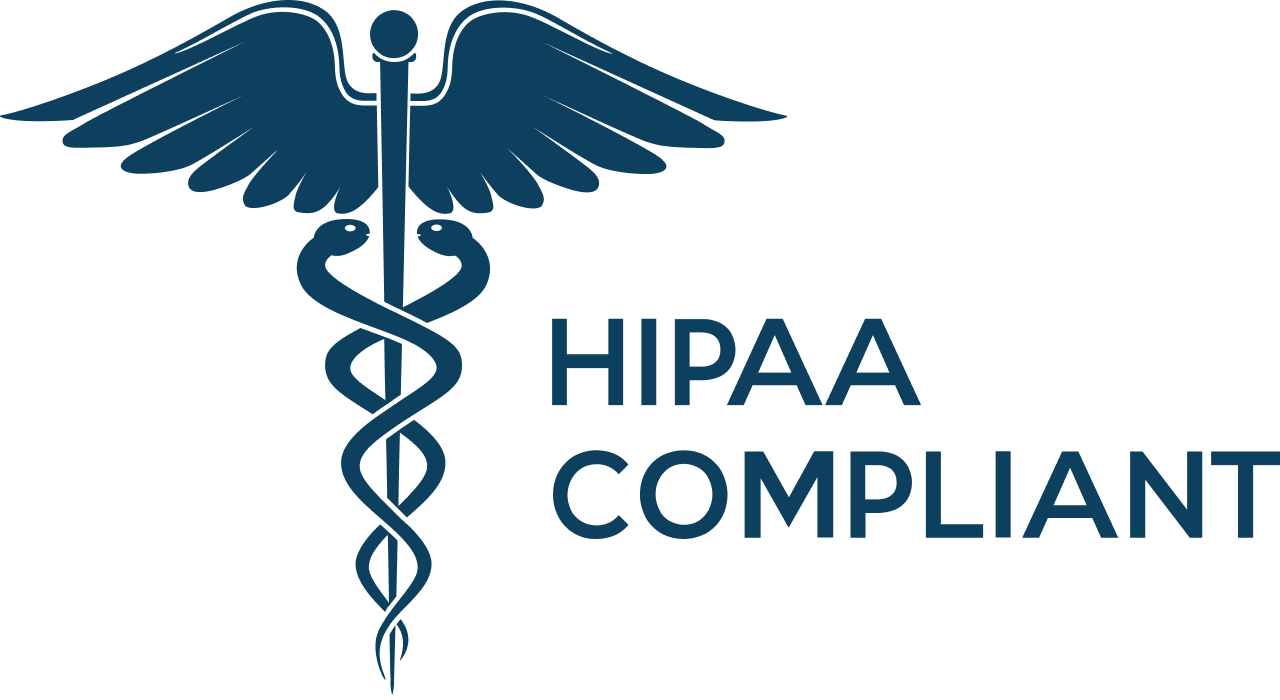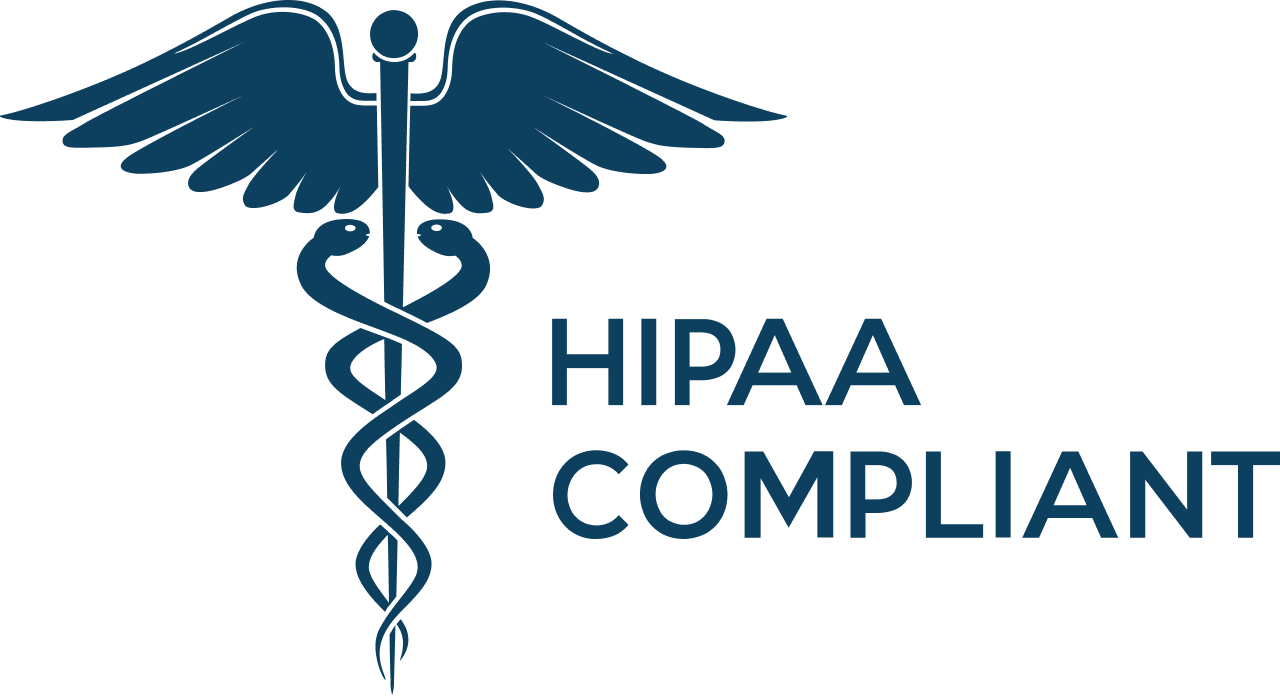
HL7 FHIR Implementation Service
Achieve interoperability through Relevant Software's HL7 FHIR services. From expert consultancy to seamless FHIR-compliant RESTful API integration, our expertise guarantees robust FHIR-supported medical platforms.
REQUEST A CONSULTATIONOur Key HL7 FHIR Services
FHIR Implementation and Integration
We provide healthcare facilities with FHIR implementation and integration, aligning disparate systems and workflows under a universal standard. Our solutions facilitate seamless interoperability by transmitting and interlinking diverse data structures.
FHIR API Development
We design custom FHIR APIs, facilitating healthcare providers in standardizing their data exposure and functionalities to external services while maintaining secure and regulated data access.
FHIR Data Modeling and Mapping
Our expertise lies in aligning pre-existing data structures with FHIR resources and code systems, ensuring data conformity to FHIR's standardized model, thereby helping healthcare organizations effectively utilize their data.
FHIR Server Implementation
Our team expertly implements FHIR servers tailored to your organization's unique needs, encompassing scalability, security, and high-performance considerations for optimal data storage and management.
FHIR Data Exchange and Interoperability
Our bespoke solutions foster seamless data exchange and interoperability across various healthcare systems, applications, and devices. Also, they support real-time data synchronization and enable efficient care coordination across healthcare settings.
FHIR Security and Privacy
Understanding the sensitivity of healthcare data, we guarantee that our FHIR implementations comply with rigorous security and privacy standards, including access control, encryption mechanisms, audit trails, and compliance with regulations such as HIPAA.
FHIR Analytics and Reporting
We employ FHIR data for advanced analytics and reporting, delivering solutions for data extraction, transformation, and analysis, empowering organizations to derive meaningful insights, recognize trends, and bolster decision-making processes.
FHIR Consultancy and Advisory Services
We extend consultancy and advisory services, guiding organizations throughout the FHIR implementation process, including system assessment, strategic planning, and ongoing support.
- • Care Plan Management
- • Diagnostic Report Integration
- • Clinical Notes Management
- • Health Information Exchange
- • Population Health Management
- • Billing and Claims Processing
- • Disease Management
- • Medical Imaging Integration
- • Health Analytics
- • Secure Messaging
- • Preventative Care Management
- • Genomic Data Integration
Benefits of Adopting Our HL7 FHIR Implementation Service
Improved Patient Engagement
HL7 FHIR standard empowers users with convenient access to and management of their health data. This active participation promotes improved care outcomes and patient satisfaction.
Streamlined Data Exchange Processes
Through FHIR-enabled solutions, we transform the data exchange process into a streamlined, real-time experience. Our advanced data mapping techniques eliminate redundancies, ensuring health information is readily accessible.
Enhanced Data Integrity and Interoperability
Our HL7 FHIR implementation service guarantees data consistency and interoperability across platforms. We utilize standardized data formats and terminologies for a unified view of patient data, bolstering reliability and smooth system interactions.
Increased Efficiency and Productivity
Experience efficiency like never before with our FHIR services. We enhance productivity by making patient data easily accessible and manageable. Optimizing workflows enables healthcare providers to prioritize patient care over administrative tasks.
Better Decision Support
Our FHIR solutions provide real-time access to comprehensive patient data, equipping healthcare providers to make evidence-based decisions. The result is improved patient care, optimal resource use, and enhanced health outcomes.
Data Security and Privacy
We employ stringent security measures such as OAuth 2.0 and OpenID Connect protocol for secure and private data transactions. Our adherence to FHIR's consent framework ensures respect for patient privacy rights and compliance with current industry regulations.
Let's build something exceptional together. Your journey starts with just one click!

Petro Diakiv
Business Development Manager

Anna Dziuba
VP of Delivery
What to Expect Next?
- Our BizDev managers will reach out within 24 hours to dive deeper into your requirements and discuss your project idea.
- If needed, we'll sign an NDA to ensure your project details are fully protected.
- Our skilled software development experts will provide tailored advice and suggest the best development path.
Success cases
FAQ About FHIR Healthcare Service
Implementing FHIR effectively demands proficiency in healthcare data standards and IT infrastructure. Essential skills include JSON and XML programming and RESTful API familiarity. Also, a comprehensive understanding of healthcare systems and legal data norms is non-negotiable.
By utilizing OAuth 2.0 and OpenID Connect protocols, FHIR ensures secure authentication and authorization, effectively safeguarding sensitive health information during transmission.
FHIR supports patient privacy rights by endorsing granular control over data sharing and respecting patients' preferences regarding information disclosure. FHIR's Consent resource can record patients' permissions, providing a mechanism to control and track access to personal health data.
FHIR, standing for Fast Healthcare Interoperability Resources, is a revolutionary healthcare standard that establishes a coherent framework for data exchange. It empowers both healthcare providers and patients, supporting privacy rights through detailed control over data dissemination and respecting individual preferences.
It's simple. FHIR uses RESTful APIs and CRUD operations to enable communication. It uses standard HTTP protocols, and data is encoded in either JSON or XML for consistency.
Do you know that we helped 200+ companies build web/mobile apps and scale dev teams?
Let's talk about your engineering needs.
Write to us











